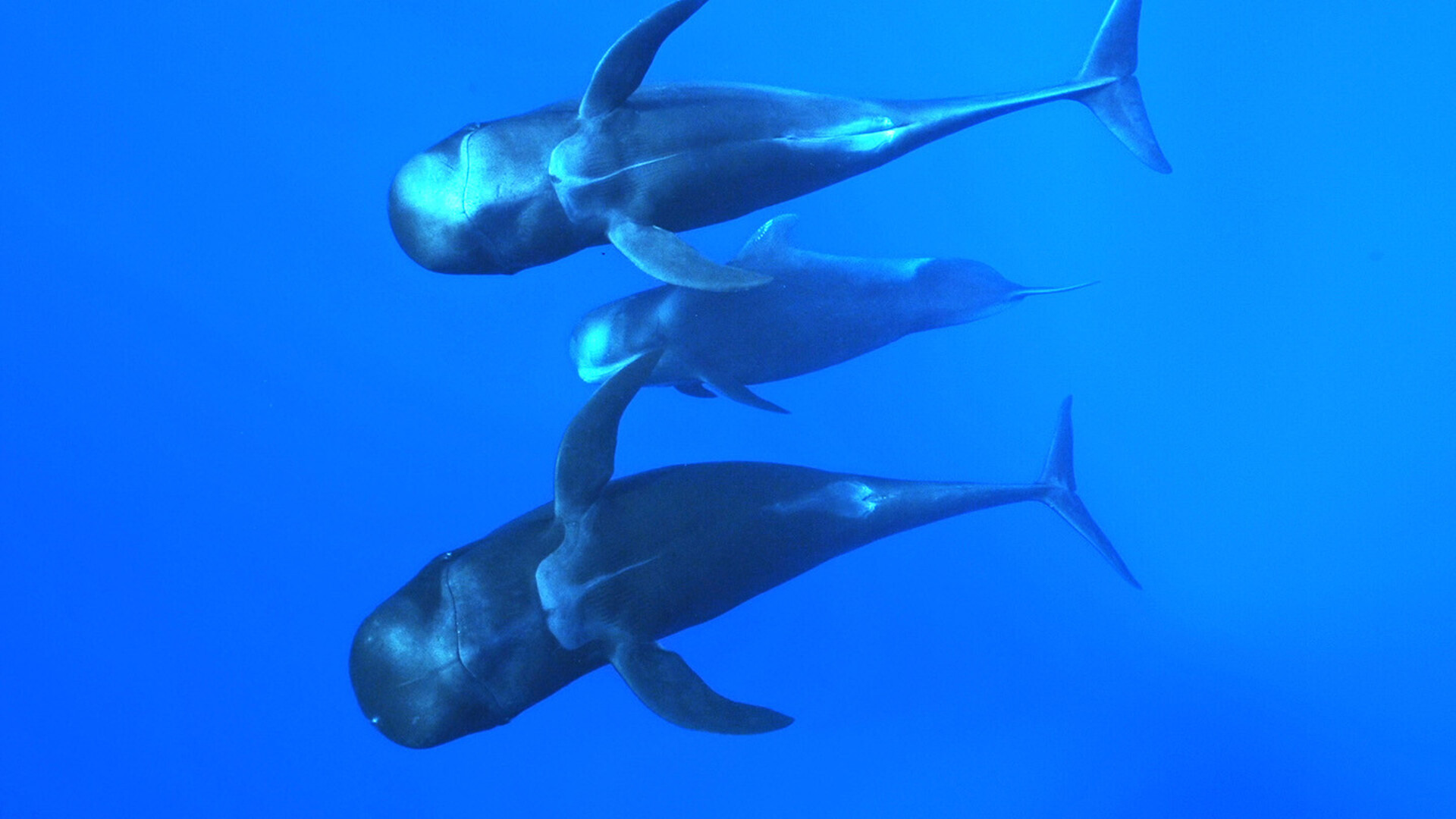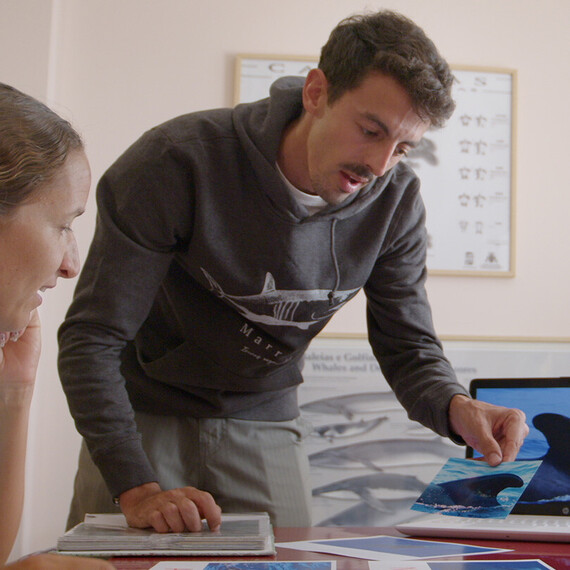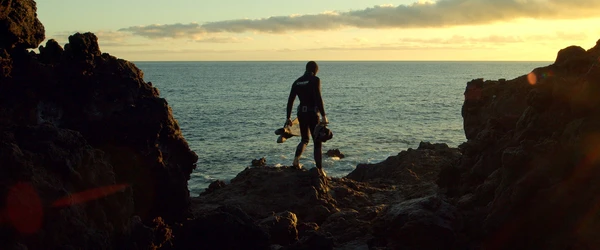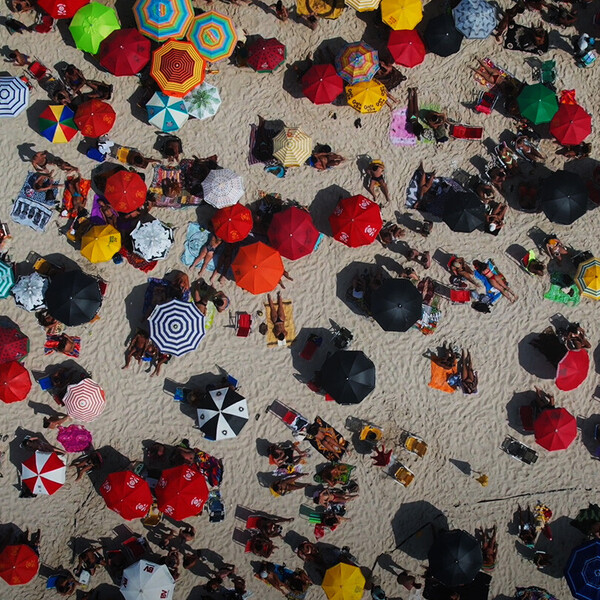
Protecting Whale Habitat
with Felipe Ravina Olivares
Marine researcher Felipe Ravina Olivares shares a remarkable bond with the young whale NIKA - and he's dedicated to protecting her habitat.

Felipe grew up in Tenerife and dreamed of studying marine sciences from an early age. He never imagined he would later work as a documentary filmmaker. He taught himself how to film and edit to capture unique underwater worlds. Today, Felipe serves as a bridge between science and storytelling, advocating for environmental protection and the preservation of the Canary Islands through his documentaries and activism.
Felipe, what makes your relationship with Nika so special?
Nika's behavior is extraordinary because she is incredibly trusting-and only with me. While whales are usually curious for a short time before moving on, Nika stays close to me and actively seeks my company. Even more remarkable is her mother's behavior; she keeps a trusting distance, even though whale mothers are typically highly protective. Why Nika and her mother behave in this way remains a mystery to me. It's an extraordinary and effortless interaction that Ive never experienced before.
Isn't it dangerous for a whale to be so trusting?
I was very concerned at first, but fortunately, Nika only behaves this way with me. In an area with so many tourists, boats, and jet skis, this behavior could quickly become dangerous.
Tenerife faces significant challenges-habitat loss, illegal whale-watching boats, lack of regula-tion, and frequent collisions with marine animals.

What is your perspective on whale-watching tours in this context?
Whale-watching can be a wonderful, life-changing experience that often inspires people to protect these captivating creatures-if it's done respectfully. Unfortunately, many operators, even legal ones, don't follow the rules. Boats approach whales in groups and get too close, which stresses the animals and ruins the experience. Reputable operators avoid this. Anyone looking to book a tour should do thorough research, not just rely on websites or buzzwords like "ecofriendly". It's best to seek recommendations from locals. When in doubt, avoid questionable operators altogether.
"Although the population has not yet declined, the pilot whales in this area suffer from chronic stress."
What's your view on tourism overall?
I'm not against tourism, but I am against its unchecked growth. While we depend on tourism for our livelihood, too much is detrimental. Thousands of Europeans are buying luxury villas in the Canary Islands, and 18 million tourists are expected in 2024. That's insane. Our infrastructure is overwhelmed, and villages that were once local and charming are now overrun with Airbnbs. In the long run, this growth threatens the very tourism it relies on.
What do you propose?
The Canary Islands are marketed as a paradise where everything is perfect-and yes, it is beautiful here! But I believe it's important for tourists to understand the downsides and act respectfully so the islands can maintain their natural beauty and continue welcoming visitors in the future. If we stop building and growing uncontrollably now, there's still hope.

Do you think Nika and her family are safe in these conditions?
The pilot whales in this area suffer from chronic stress caused by the chaos and constant noise and disturbances. For them, it's like living in a house with ongoing, nonstop construction. The population has not declined-so far. The whales stay here because the conditions are otherwise ideal, and there's plenty of food. So, we hope they're safe, but increasing pressure could eventually drive them away, as has already happened with another group of whales. While it may be more peaceful elsewhere, those areas have less food and lower survival chances. We don't know how things will develop in the future.
"It's not about stopping tourism but stopping the growth of tourism."
What do you hope to achieve with your film?
Unlike my previous documentaries, "Nika" isn't just about facts; it has a strong emotional component. I'm confident viewers will be moved and fall in love with Nika and the pilot whales and hopefully feel inspired to protect them. At the same time, the film aims to show that the Canary Islands aren't a perfect paradise. Visitors should be aware of the challenges and behave responsibly.